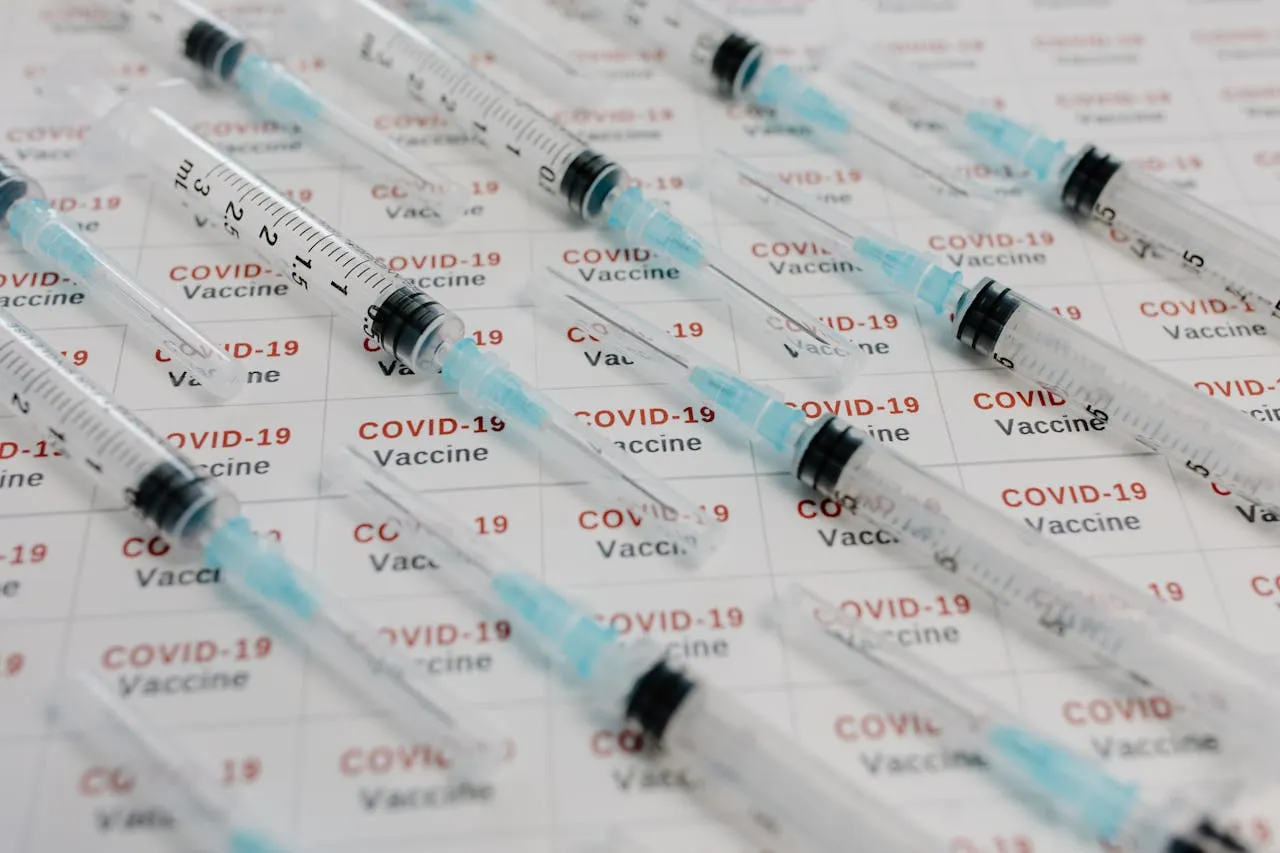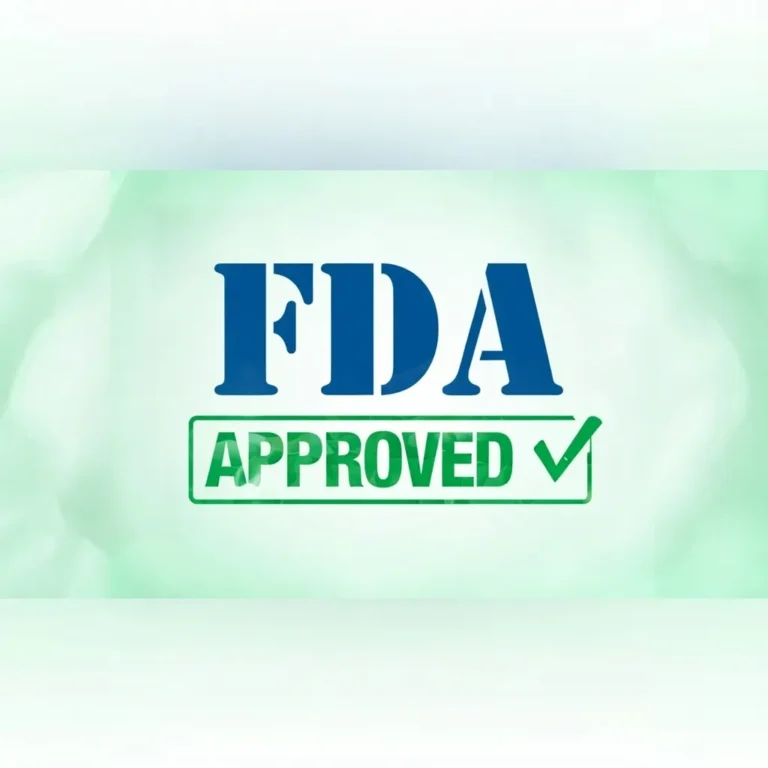
Moderna Secures Full FDA Approval for Spikevax in High-Risk Children Amid Growing mRNA Scrutiny
Moderna has scored another key regulatory milestone as the U.S. Food and Drug Administration (FDA) granted full approval for the company’s COVID-19 vaccine, Spikevax, for use in children between the ages of 6 months and 11 years who are at heightened risk of severe illness from the virus. This authorization transitions Spikevax out of its previous Emergency Use Authorization (EUA) status and into full licensure for this vulnerable pediatric population.
The move represents a significant regulatory win for Moderna as it continues to expand its presence across the respiratory vaccine landscape. The company now holds full FDA approval for Spikevax for individuals aged 6 months through 64 years who are considered at increased risk of contracting COVID-19, along with all adults aged 65 and older, regardless of risk profile. Moderna has announced that it intends to make the updated Spikevax formulation available ahead of the 2025–2026 respiratory virus season, a critical window as the company positions itself alongside traditional flu vaccine players.
Regulatory Momentum Builds
The FDA’s full approval of Spikevax for high-risk pediatric patients is just the latest in a string of recent regulatory victories for Moderna. Last month, the biotech company received FDA approvals for two additional products in its mRNA vaccine pipeline. First, the agency cleared mNEXSPIKE, Moderna’s next-generation COVID-19 vaccine, for adults aged 65 and older, as well as for individuals aged 12 to 64 who have at least one underlying medical condition that puts them at higher risk of severe COVID-19.
The FDA also approved Moderna’s respiratory syncytial virus (RSV) vaccine, mResvia, expanding its coverage to include not only seniors but also at-risk adults aged 18 through 59. This broader indication distinguishes mResvia from some competitor RSV vaccines, which are currently limited to older adults.
These developments point to a growing acceptance of Moderna’s mRNA-based approach to infectious disease prevention, even as questions around the safety and durability of mRNA vaccines persist in certain quarters of the public health and political landscape.
A Flu Vaccine on the Horizon
Beyond COVID-19 and RSV, Moderna is also making strides in the influenza space. In June, the company announced promising late-stage data for its seasonal flu vaccine candidate, mRNA-1010. The candidate demonstrated superior immunogenicity when compared to an existing licensed standard-dose flu vaccine in adults aged 50 and above, showing a 26.6% improvement in efficacy based on pre-specified endpoints.
These results are critical for Moderna’s broader goal of offering combination vaccines. In particular, the data from mRNA-1010 will support the company’s planned resubmission of a Biologics License Application (BLA) for mRNA-1083, a combination COVID-19 and flu vaccine. Moderna had previously withdrawn its original application for mRNA-1083 in May, following consultations with the FDA. At the time, the company did not specify the reason behind the withdrawal, but a spokesperson indicated that the company would move forward with resubmission once data from mRNA-1010 was available.
On June 29, a Moderna spokesperson reaffirmed to BioSpace that this plan “still stands,” noting that the company intends to submit data for regulatory review “in due course.” No precise timeline has been provided for the resubmission, but the company’s broader ambition to be a major player in the seasonal respiratory virus market remains evident.
mRNA Under the Microscope
Despite these clinical and regulatory advances, Moderna—and the mRNA platform more broadly—continues to face skepticism from some corners of the medical community and public health officials. Notably, U.S. Health Secretary Robert F. Kennedy Jr., known for his controversial views on vaccines, recently expressed concerns about the mRNA vaccine platform. In an interview with political commentator Tucker Carlson, Kennedy stated, “There’s a lot of skepticism in this agency about mRNA vaccines, about mRNA technology . . . about whether it’s safe.”
Kennedy’s remarks, while not reflective of the FDA’s formal stance, underscore the political and public perception challenges that mRNA vaccines continue to face. His comments come amid broader debates about vaccine mandates, transparency in clinical data, and the rapid pace of mRNA vaccine development during the COVID-19 pandemic.
Adding to the scrutiny, one of the newly appointed members of the CDC’s Advisory Committee on Immunization Practices (ACIP), Dr. Robert Malone, has previously testified before Congress expressing concerns over the safety of mRNA vaccines. Malone, a vocal critic of aspects of the pandemic response, has claimed to be a key contributor to the development of mRNA technology but has since become an outspoken skeptic of its widespread application.
While these views remain outside the scientific consensus, they reflect an ongoing tension between innovation in biotechnology and public trust—a dynamic that Moderna and other mRNA-focused companies must continually navigate.
Building a Commercial Portfolio Beyond COVID-19
Moderna’s success with its COVID-19 vaccine during the pandemic catapulted the company into the biotech spotlight and brought mRNA vaccine technology into the mainstream. However, the company has long indicated that its strategic vision extends beyond COVID-19. The approvals for RSV and next-generation COVID-19 shots, coupled with strong flu vaccine data, point to a concerted effort by Moderna to build a diversified respiratory vaccine portfolio.
Moreover, Moderna is exploring other therapeutic areas for its mRNA platform, including cancer vaccines, rare diseases, and latent virus targets such as cytomegalovirus (CMV) and Epstein-Barr virus (EBV). While these programs remain in earlier stages, the recent regulatory momentum could help to bolster investor confidence and pave the way for broader pipeline advancement.
The company is also facing the practical challenge of transitioning from a pandemic-era vaccine supplier to a stable, commercial biopharmaceutical firm. The full approval of Spikevax in pediatric populations, especially those at heightened risk, marks an important milestone in this transition. It not only expands the commercial potential of the vaccine but also affirms the product’s long-term role in the evolving landscape of respiratory virus prevention.





